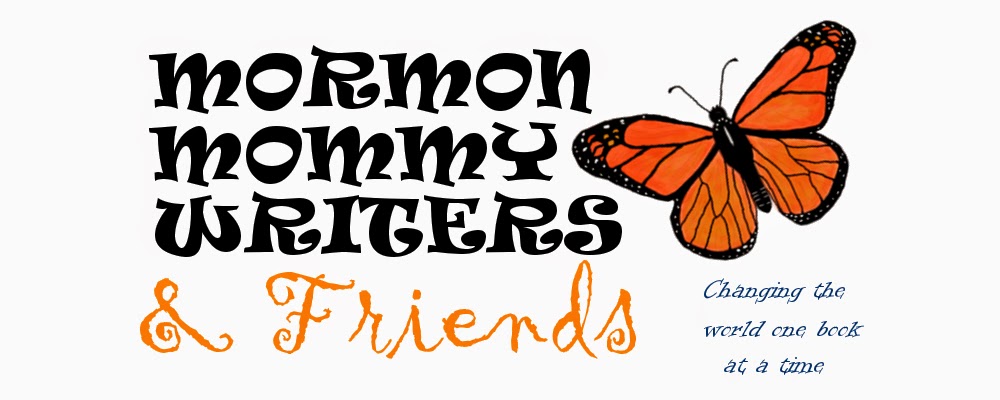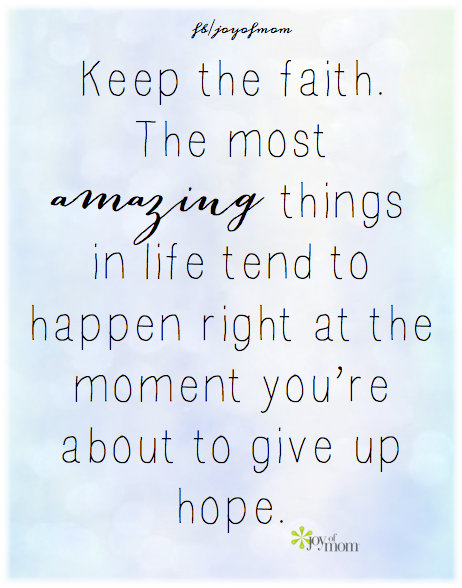Image from NicholasCarr.com
Lately I've been reading a very interesting book by Nicholas Carr called "The Shallows: What the Internet is Doing to Our Brains" (spoiler alert: what it's doing to our brains isn't good). It's a fascinating look at neuroplasticity and technology; specifically, a look at how technology has changed and is changing our brains. The author starts with the invention of things like maps (which increased our ability to think abstractly) and clocks (which made us start mentally quantifying time) and books/publishing (which led to the advent of silent reading- a precursor to individual learning).
Now that I'm getting into the part about the internet, I'm finding that he's bringing up some interesting concerns for us writers, like the fact that the 3 best selling novels in Japan in 2007 were all written as strings of text messages, and all written on cell phones.
No, seriously.
So here is some food for thought for you today:
"...it does seem inevitable that the Web's tendency to turn all media into social media will have a far-reaching effect on styles of reading and writing and hence on language itself. When the form of the book shifted to accommodate silent reading, one of the most important results was the development of private writing. Authors, able to assume that an attentive reader, deeply engaged both intellectually and emotionally, 'would come at last, and would thank them,' quickly jumped beyond the limits of social speech and began to explore a wealth of distinctively literary forms, many of which could exist only on the page. The new freedom of the private writer led, as we've seen, to a burst of experimentation that expanded vocabulary, extended the boundaries of syntax, and in general increased the flexibility and expressiveness of language. Now that the context of reading is again shifting, from the private page to the communal screen, authors will adapt once more. They will increasingly tailor their work to a milieu that the essayist Caleb Crain describes as 'groupiness,' where people read mainly 'for the sake of a feeling of belonging' rather than for personal enlightenment or amusement. As social concerns override literary ones, writers seem fated to eschew virtuosity and experimentation in favor of a bland but immediately accessible style. Writing will become a means for recording chatter." (pp. 106-107)
The author also says that writing will become less permanent, as that is the nature of all digital media, especially social media. He says that authors will be less likely to care about perfecting our work:
"It seems likely that removing the sense of closure from book writing will, in time, alter writers' attitudes toward their work. The pressure to achieve perfection will diminish, along with the artistic rigor that the pressure imposed. To see how small changes in writers' assumptions and attitudes can eventually have large effects on what they write, one need only glance at the history of correspondence. A personal letter written in, say, the nineteenth century bears little resemblance to a personal e-mail or text message written today. Our indulgence in the pleasures of informality and immediacy has led to a narrowing of expressiveness and a loss of eloquence." (pp. 108-109)
So, what do you think? Will digital media and the influence of social media have authors swimming into the shallows? Are we losing an art form here? Is it already happening? Share your thoughts in the comments below!






















